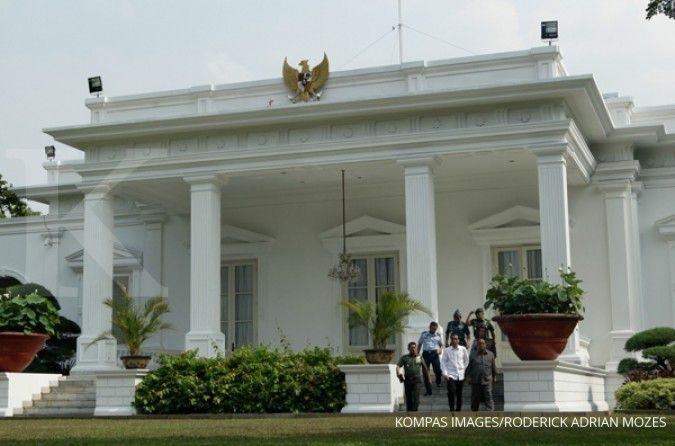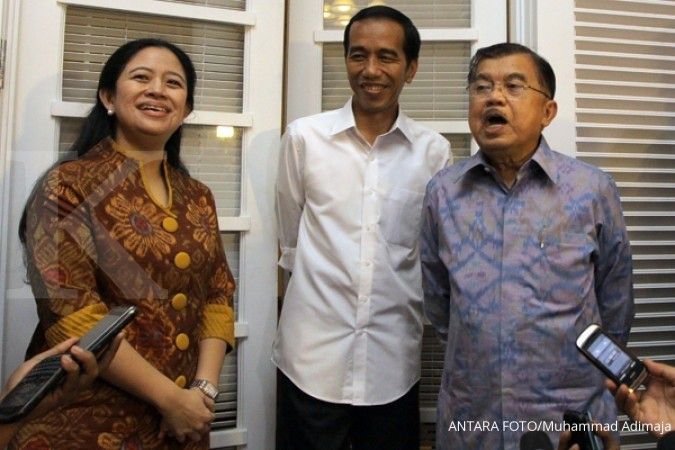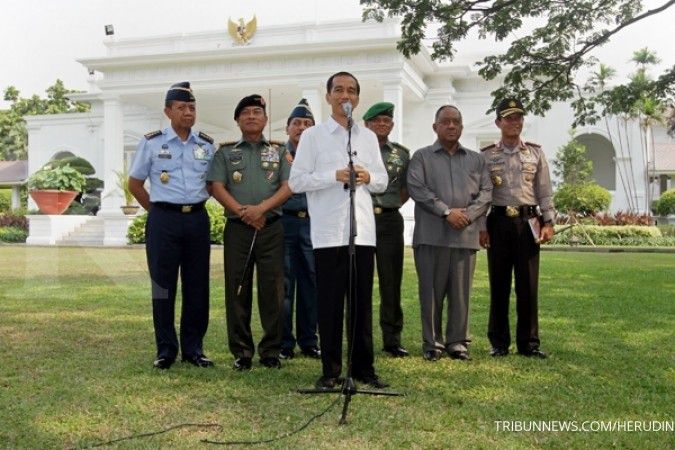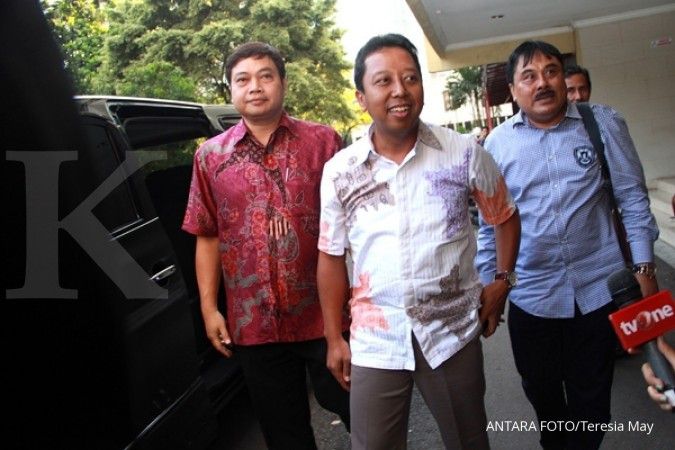JAKARTA. Pertamina Hulu Energi Offshore North West Java (PHE ONWJ) has maintained the growth of its oil production up to the third quarter of the year, despite increasing concerns on whether it can continue operations amid the government’s plan to establish a port near the company’s working area.
The company recorded 40,300 barrels of oil per day (bopd) in output during January to September, increasing by around 4 percent compared to 38,627 in the same period last year. The nine-month production level is similar to the company’s output level at the end of the first half of the year.
Meanwhile, gas output stood at 192 million standard cubic feet per day (mmscfd) during the first nine months of the year, declining by 1.5 percent from 195 mmscfd in the same period last year.
“We are doing some maintenance work at the Lima flow station so there is a slight reduction,” PHE ONWJ senior manager Tangkas Siahaan said.
PHE ONWJ, the fourth largest contractor by oil production volume in Indonesia, has a full year target to reach 40,600 bopd in output by year end, a higher target than that set by the Upstream Oil And Gas Regulatory Special Task Force (SKKMigas) of 40,300 bopd. Meanwhile, gas output is targeted to reach 171 mmscfd by year end.
The company is still hopeful that it will be able to meet the oil output target, according to PHE ONWJ executive vice president Jonly Sinulingga.
“We are successfully maintaining the trend of increasing production amid natural decline, which is around 17 percent per year,” Jonly said.
Indonesia, a former member of OPEC, has suffered from declining oil production as most of its oil fields have been depleted due to exploitation.
PHE ONWJ, which is the operator of an 8,300-square kilometer offshore block located along the northern area of Thousand Islands regency, Jakarta, to the northern waters of Cirebon, West Java, acquired the block in 2009 from UK-based oil and gas giant BP.
When the company acquired the block from BP, its oil production was only 23,100 bopd.
Maintaining production with aging facilities was the main challenge for PHE ONWJ, Tangkas said.
The block contract was awarded in 1967. Its Arjuna field operation was inaugurated in 1971. There are 223 platform structures managed by the company in the block, with a 1,900-km sub-sea pipeline network.
The company is worried about the continuity of its operations, particularly due to the planned development of Cilamaya Port in Karawang, which forms part of the Masterplan for the Acceleration and Expansion of Indonesian Economic Development (MP3EI). Should it be realized, the port will affect the company’s operations and the pipeline network.
Former coordinating economic minister Chairul Tanjung recently said the project was on hold and would wait for the policy of the new government.
Options for the project range from relocating the port to Indramayu, West Java, or moving ONWJ’s pipeline network.
“Some might say that the port will bring trillions of rupiah in advantages to the country, compared to the funds spent on moving the facilities. However, they might not have considered how we will reach the current production level again,” Tangkas said.
PHE ONWJ has been quite aggressive in its explorations of the block as part of an attempt to secure hydrocarbon for the future. It expects to see gas production from its GG field in the first quarter
of next year.
“Our seismic activities are very big. The latest work is in the Mike -mike area and Foxtrot area. We are also planning to develop a new platform in the YY and KKT areas, which will be a significant contributor to production in 2015 or 2016,” PHE ONWJ west operation manager I Nyoman Hartanu said. The government is targeting to see total oil lifting at 818,000 bopd this year. However, current oil output remains at 800,000. For next year, the recently passed state budget established an oil output target of 900,000 bopd, although SKKMigas said that realistic output was only 845,000.
SKKMigas acting chief Johanes Widjonarko said the oil and gas regulator expected an additional 34,000 bopd output next year, which would see the oil output level reach around 879,000 bopd.
“The 34,000 bopd will come from various fields, those belonging to Pertamina, Bukit Tua field and others. We are still assessing them,” Widjonarko said. (Raras Cahyafitri)
Pertamina’s unit sees output growth in Q3
October 23, 2014, 04.09 PM
/2014/08/04/735753929p.jpg)
ILUSTRASI. Manfaat buah alpukat untuk kesehatan tubuh.
Source: The Jakarta Post
| Editor: Hendra Gunawan
Latest News
-
February 10, 2026, 05.28 PM
Indonesia Says Proposed Gaza Peacekeeping Force Could Total 20,000 Troops
-
February 10, 2026, 02.44 PM
Indonesia Distributes $648 Million in Subsidies for Palm Oil Replanting Programme
-
February 10, 2026, 09.47 AM
FTSE Russell Postpones Indonesia Index Review
-
February 10, 2026, 06.42 AM
GLOBAL MARKETS-Stock Indexes Gain with US Technology Shares, Yen Strengthens
-
February 09, 2026, 10.13 PM
Gold Rises as Dollar Slips, Focus Turns to US Jobs Data
-
February 09, 2026, 05.55 PM
Indonesia to Hold Follow-up Meeting with MSCI This Week after Market Rout
-
February 09, 2026, 08.05 AM
GLOBAL MARKETS-Asia Rallies as Japan Shares Surge to Record Peak
-
February 08, 2026, 02.30 PM
South Korean Crypto Firm Accidentally Sends US$44 Billion in Bitcoins to Users
-
February 07, 2026, 05.13 PM
Indonesia-Australia Relations: Booming Business, Golden Opportunities for Investors














